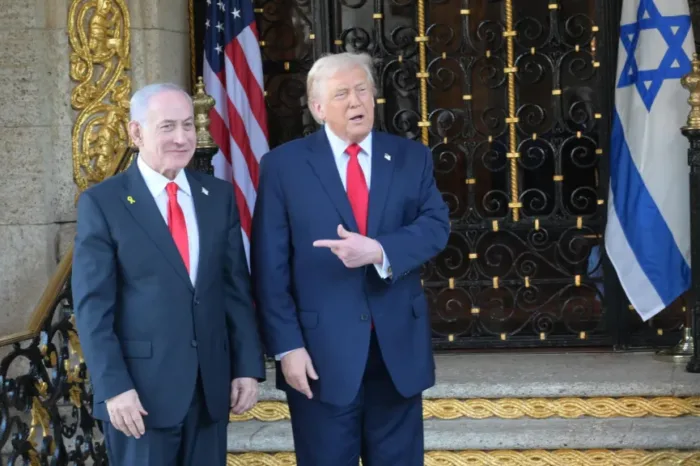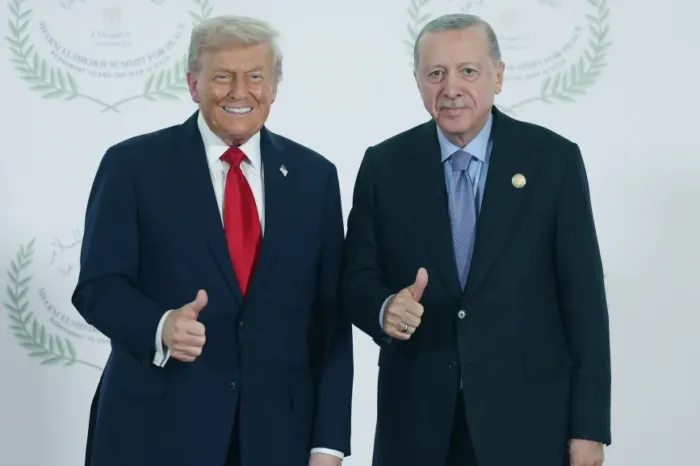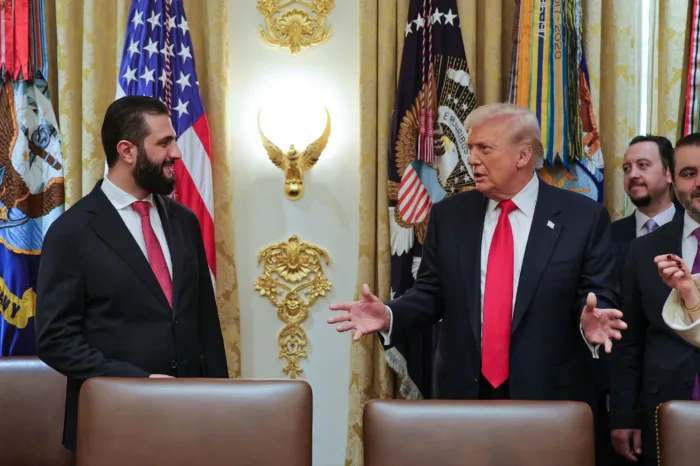Turkey Ahead of the November Elections
On October 14, 2015 the SETA Foundation at Washington D.C. organized a panel discussion entitled, “Turkey Ahead of the November Elections.”
The panelists included Andrew Bowen, Senior Fellow and Director of Middle East Studies, Center for the National Interest, Omer Taspinar, Non-Resident Senior Fellow, Brookings Institution, and Kilic B. Kanat, Research Director at SETA D.C. The panel was moderated by Kadir Ustun, Executive Director, the SETA Foundation at Washington D.C.
Event Summary:
Kilic Kanat opened the panel by presenting the findings of his recently released analysis of the June 2015 Elections in Turkey. Dr. Kanat focused on identifying the factors which lead to a decrease in the AK Party’s vote percentages. These factors included a concerted mobilization of voters supporting the HDP’s quest to pass the 10 percent parliamentary threshold, increased nationalist support for the MHP, and the election fatigue on the part of traditional AK Party voters. Opposition parties in Turkey benefited from increased nationalist sentiments, both in Kurdish nationalism expressed in HDP votes and in Turkish nationalism expressed in MHP votes. The HDP was also able to benefit from diaspora voting in which it garnered the second highest vote percentage behind the AK Party.
Dr. Kanat also analyzed the failure of the coalition formation process. With no party securing a high enough percentage for single party government, Turkey’s political parties were faced with forming a coalition. Kanat said that both the AK Party and the CHP party bases were not ready to approach the coalition formation. He noted that the HDP immediately signaled it would be unwilling to join the AK Party in a coalition, as did the MHP. For its part, the CHP seemed willing, but ideological differences between itself and the AK Party kept them from forming a government together.
Andrew Bowen focused on the US’s perspective toward Turkey since the June elections. The evolution of the US view has been tied to current events in Syria and Iraq. Dr. Bowen noted that the US-Turkey relationship is challenging for the current administration because Turkey is both a major player at the table in current regional politics, but also does not have goals and policies that align directly with those of the US. To Bowen, the greatest challenge for the US-Turkey relations is that Ankara fundamentally does not trust the US government. Turkey has been burned on both its commitment to action to oust the Assad government and also in the willingness of the US to back Kurdish forces in Syria. Dr. Bowen expressed that if the Turkish government transforms into a coalition government it has the possibility to change how the US views the country as a partner in the region. However, a real reset in US-Turkey relations is unlikely to occur until the new US administration comes into office in 2017. It is likely that a new US administration will prioritize activities in the Middle East, which may lead to more political investment in better relations with Turkey.
Building upon the introductory comments of Dr. Kanat. Omer Taspinar presented the perspective that Turkey is currently experiencing both a personalization of power and a polarization of politics. He ties this effect to the policies of President Erdogan over the past several years, and the question of both Kurdish and overarching Turkish identity. The polarization of politics in Turkey was exposed most recently in the failure of the Turkish leadership, opposition, and media to come together following the October 10th bombing of a peace rally in Ankara. To Dr. Taspinar, President Erdogan is mostly focused on driving Turkey toward a presidential system. He noted that polarization in the country has paralyzed the ability of institutions and bureaucratic functions. While the AK Party has been able to effectively bring the periphery of the Turkish population to the center and move Turkey into a post-Kemalist ideology, it has been unable to define a new ideology for the country.
Dr. Kanat and Dr. Taspinar both eschewed any thought that President Erdogan would move to postpone the November elections on the grounds that the country is currently at war with the PKK. The panel also noted that, as recent polling indicates, there is unlikely to be any significant change in voting percentages from the June 2015 elections. What remains to be seen is how parties will react this time around, and how recent events in Turkey will impact voters as they head to the polls in November.
Event Photos:
























